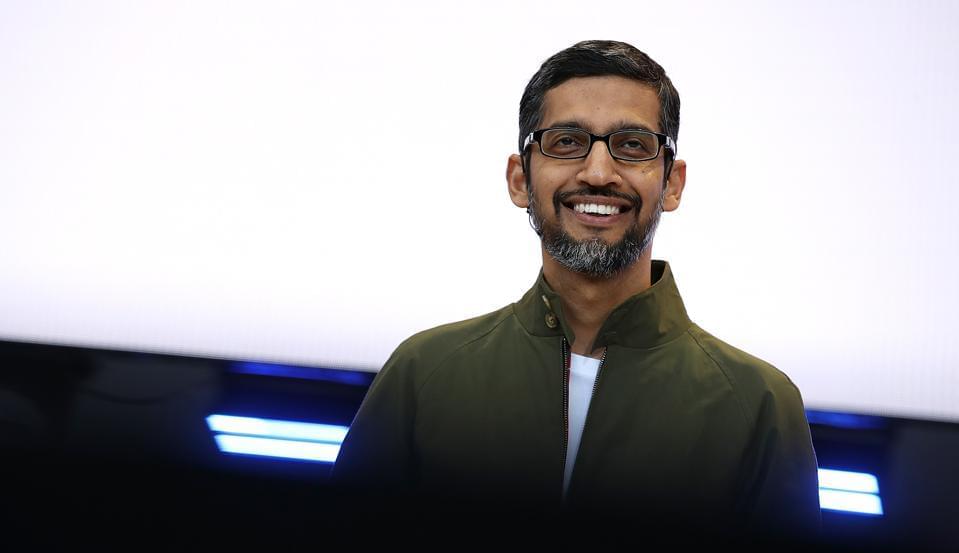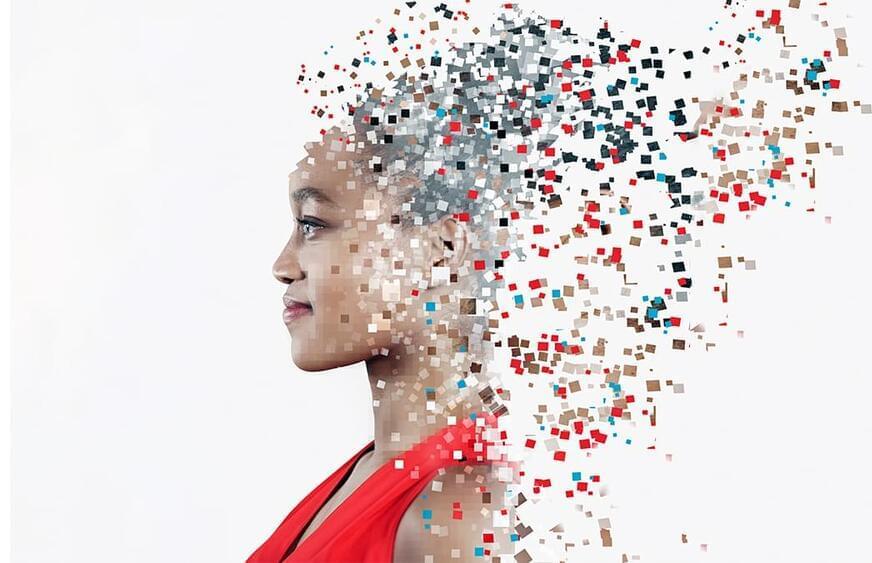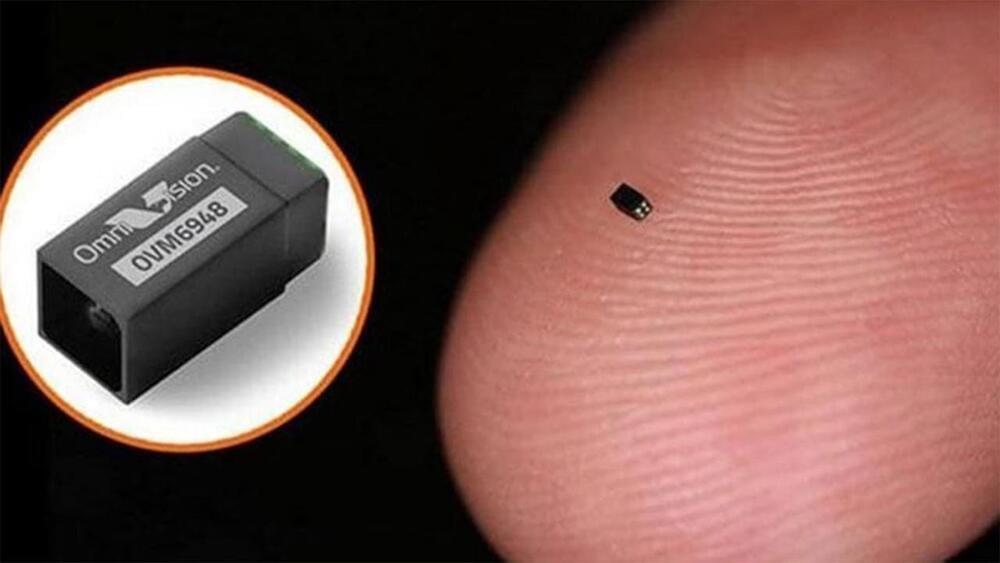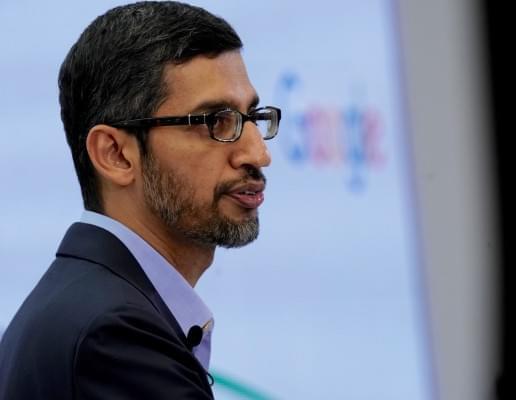Rather than waiting for multiple crashes to happen at a location before intervening to improve road safety, a new study suggests we can identify dangerous areas proactively — by measuring cyclist stress levels as they navigate city streets.
The challenge: When designing a city’s transportation infrastructure, urban planners must balance the needs of drivers with the safety of pedestrians and cyclists. This is often done through surveys of local residents and best practices learned over time.
This process doesn’t always get it right, though, so sometimes cities have to install safety improvements, such as crosswalks, bike lanes, or stop lights, at dangerous intersections or stretches of road.









